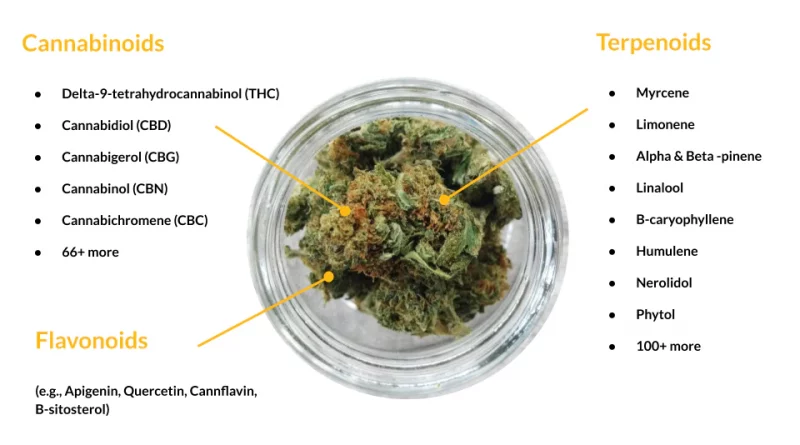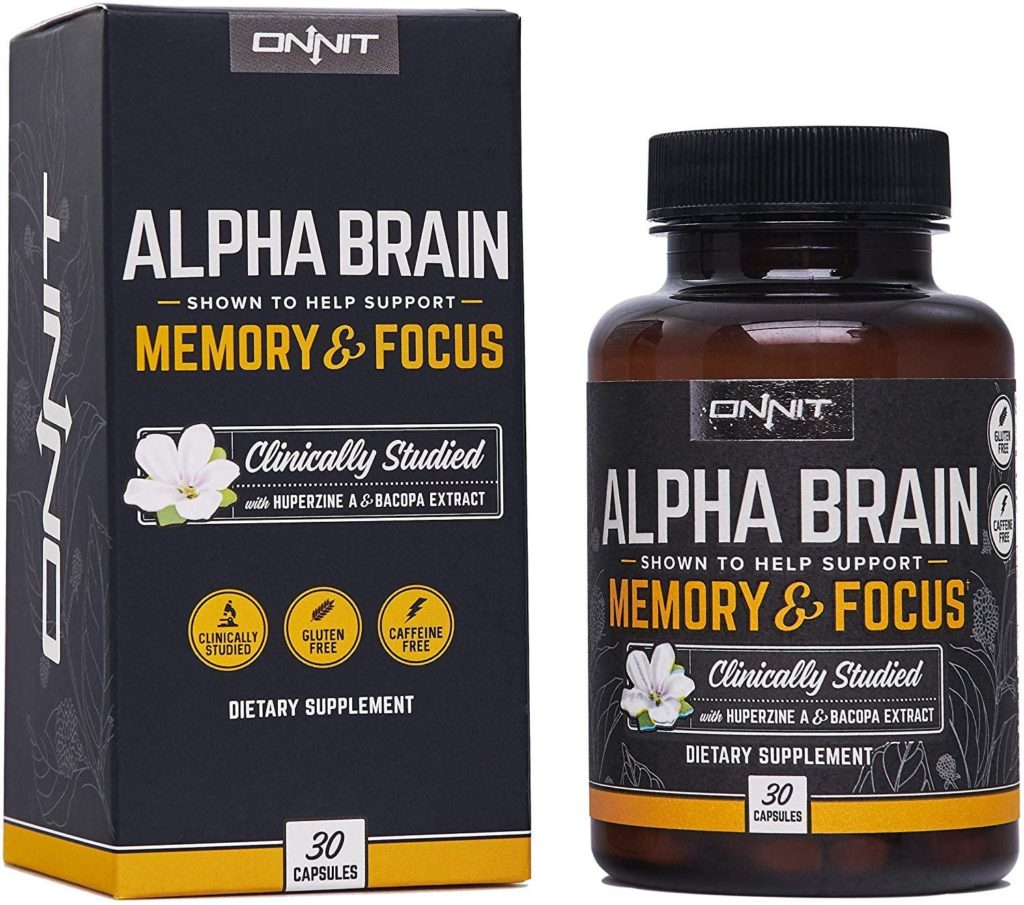CBD Reduces Treatment-Resistant Anxiety by 50%
[Please note that this page contains affiliate links. If you choose to purchase after clicking a link, I may receive a commission at no extra cost to you.]
The cannabis compound cannabidiol (CBD) can reduce the difficulty of treatment-resistant anxiety by about 50% in younger people, and these results are from a pilot study.
Published in the Journal of Clinical Psychiatry, the researchers involved volunteers between 12 and 25 years old, and none of the people showed any substantial side effects from using the non-psychoactive cannabinoid.
The 31 volunteers were diagnosed with various types of anxiety, like generalized anxiety disorder, social anxiety disorder, phobias, and panic disorder. Although all participants didn’t respond to cognitive behavioural therapy (CBT), their average time in treatment was just over two years.
21 participants were also prescribed selective serotonin reuptake inhibitors (SSRIs) to help fight depression, and they changed medications a minimum of twice on average because of the intolerable side effects.
Although doing CBT with a combination of a 12-week CBD course, about 40% of participants had a 50% reduction in treatment-resistant anxiety. It was measured by the Overall Anxiety Severity and Impairment Scale (OASIS). In addition, about two-thirds have seen an increase of at least 33%, as the average anxiety reduction score was 42.6%.
Another scale, the Hamilton Anxiety Rating, showed an average increase of 50.7% following the 12-week therapy intervention.
The lead study author Paul Amminger said in a statement, “The younger people displayed fewer panic attacks and were able to do things that they were unable to do previously such as leave the house, eat at restaurants, go to school, attend appointments, participate in social situations, or take public transport. That is a substantial change for those who experienced treatment-resistant anxiety.”
These increases weren’t sustained after CBD therapy was stopped, and anxiety scores mostly returned to baseline when volunteers were re-assessed three months after their last dose. This reveals that the increase in symptom reduction was caused directly by the CBD rather than the CBT or other external factors.
While the mechanism responsible for CBD alleviating anxiety is not entirely understood, the study researchers stress that the cannabinoid activates different pathways to SSRIs and doesn’t provoke side effects linked to conventional antidepressants.
“CBD is non-intoxicating and does not have THC, so it does not cause alterations in perception and thinking, it will not make you ‘high,’ and it is not addictive,” explained Amminger.
“We didn’t see side-effects like sleep issues, irritability, or suicidal thoughts, which isn’t uncommon within those taking SSRIs.”
As promising as these findings are, the researchers point out that the small-scale study wasn’t placebo-controlled. Further research is necessary to determine the efficacy of CBD as a therapy for anxiety.
“Next will be randomized controlled studies. They are the gold standard to test a new drug,” explained Amminger. “Such studies need to be done in a much bigger group – with at least 200 young people – to allow researchers to say with certainty that there are no real treatment effects and benefits.”


